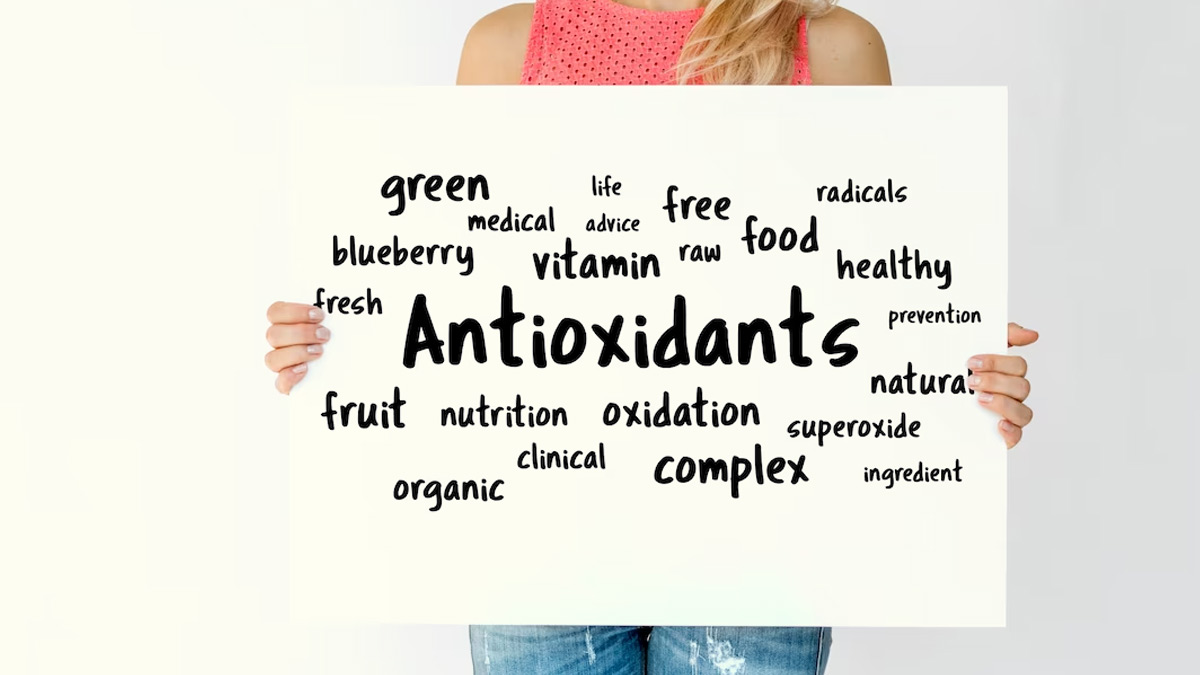
There is a delicate balance between good or bad in the complex realm of health and wellness. Pro-oxidants are one such notion that has gained traction in recent years. While antioxidants have long been lauded for their health advantages, pro-oxidants are often known for their potential harm. Let’s know why pro-oxidants can be dangerous if not controlled.
What Are Pro-Oxidants
To grasp the concept of pro-oxidants, we must first understand their relationship with antioxidants. Antioxidants are substances that neutralise harmful free radicals, unstable molecules that can cause damage to cells and DNA.
They act as protectors, preventing oxidative stress and promoting overall health. Pro-oxidants, on the other hand, are molecules that can promote the production of free radicals, leading to an imbalance in the body's antioxidant defence system.
Also read: Why Do We Need Antioxidants In Changing Weather? Expert Explains
Role Of Pro-Oxidants
While it may seem contradictory, pro-oxidants serve a purpose in the body. In controlled amounts, they play a role in cellular signalling, immune function, and even cell growth and development. However, when the delicate balance between antioxidants and pro-oxidants is disrupted, problems can arise.
Harmful Effects of Excessive Pro-Oxidants
Oxidative Stress
According to research, excessive pro-oxidants can overwhelm antioxidant defence systems of the body, leading to a state of oxidative stress. This imbalance can cause damage to lipids, proteins, and DNA, contributing to various diseases such as cardiovascular disorders, neurodegenerative diseases, and cancer.
Inflammation
Pro-oxidants can activate certain signalling pathways that trigger inflammation. Prolonged or chronic inflammation can increase the risk of developing chronic diseases, including heart disease, diabetes, and autoimmune disorders.

Aging
The cumulative damage caused by oxidative stress can accelerate the ageing process, leading to the appearance of wrinkles, reduced skin elasticity, and other signs associated with premature ageing.
DNA Damage
As per Oxford journals, pro-oxidants can directly damage DNA, leading to mutations that can contribute to the development of cancer and other genetic disorders.
Managing Pro-Oxidants
While the harmful effects of pro-oxidants are well-established, it's important to note that they are not inherently evil. The key lies in maintaining a balance and ensuring that the body's antioxidant defence system is functioning optimally. Here are some ways to manage pro-oxidants:
A Healthy Diet
Consuming a diet rich in antioxidants, such as fruits, vegetables, nuts, and whole grains, can help neutralise pro-oxidants and reduce oxidative stress.
Lifestyle Factors
Avoiding smoking, limiting alcohol consumption, and reducing exposure to environmental pollutants can help minimise the production of pro-oxidants.
Stress Management
Chronic stress can increase the production of pro-oxidants. Incorporating stress management techniques like exercise, meditation, and adequate sleep can support a healthier oxidative balance.
Also read: What Are Antioxidants? Benefits, Side Effects And Best Sources
Antioxidant Supplementation
In some cases, when dietary intake is insufficient, antioxidant supplements may be beneficial. However, it is crucial to consult with a healthcare professional before starting any supplementation regimen.

Pro-oxidants, although often cast in a negative light, are a natural part of our body's functioning. Their harmful effects arise when they outnumber the body's antioxidant defence system, leading to oxidative stress, inflammation, and cellular damage.







